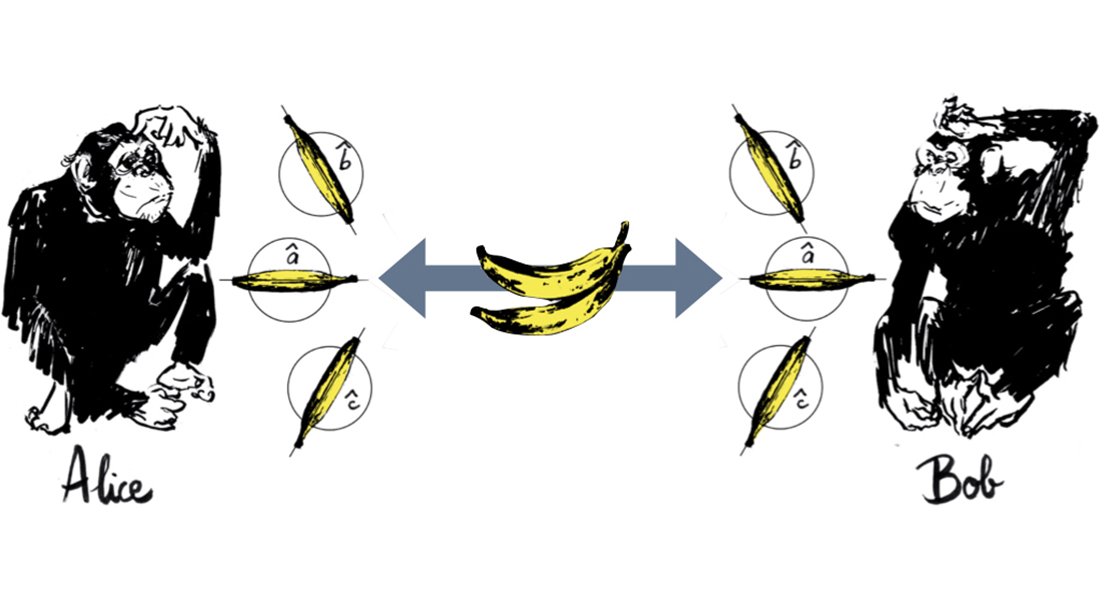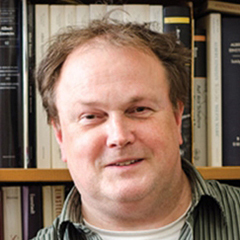NBA History of Science Seminar: Michel Janssen
Michel Janssen, “Drawing the line between kinematics and dynamics in special relativity and in quantum mechanics”
The mathematical equivalence of matrix and wave mechanics papers over an important difference in what Heisenberg and Schrödinger took to be their key insights. For Schrödinger it was that atomic physics calls for an underlying wave theory just as geometric optics had in the 19th century. For Heisenberg it was that atomic physics calls for a new general framework for doing physics just as electrodynamics had in the early-20th century. Following Heisenberg rather than Schrödinger, I present a few case studies in special relativity and quantum mechanics in which problems that seem to call for dynamical solutions are solved instead by an appeal to the new kinematical frameworks introduced by these new theories. I use these case studies to bring out some parallels between the standard take on special relativity and a more controversial information-theoretic take on quantum mechanics and then use the former to argue for the latter.


Michel Janssen studied physics at the Universiteit van Amsterdam, his hometown, and obtained a PhD in the History and Philosophy of Science from the University of Pittsburgh. He then worked for several years as an editor on the Einstein Papers Project and has now for many years been a professor for history of science at the University of Minnesota. Currently, he is also a visiting scholar at the Max Planck Institute for the History of Science in Berlin. His research focuses on the genesis of relativity and quantum theory in the early 20th century. Together with Anthony Duncan, he has recently published the first of two volumes of “Constructing Quantum Mechanics” with Oxford University Press, an authoritative account on how quantum mechanics came about in the first quarter of the twentieth century. Volume 2 is expected for the fall of 2022.
This online talk is jointly organized by the Niels Bohr International Academy and the Niels Bohr Archive. It takes place online via zoom. If you would like to participate, please send an email to Christian Joas until Friday, 12 June, at 14:00. You will then receive the link and password for the zoom meeting on Friday before 15:00. If you are a subscriber to the NBIA mailing list or the nba-seminar mailing list, the invitations sent around on these lists already contain the zoom link, so there is no need to send a separate email.
